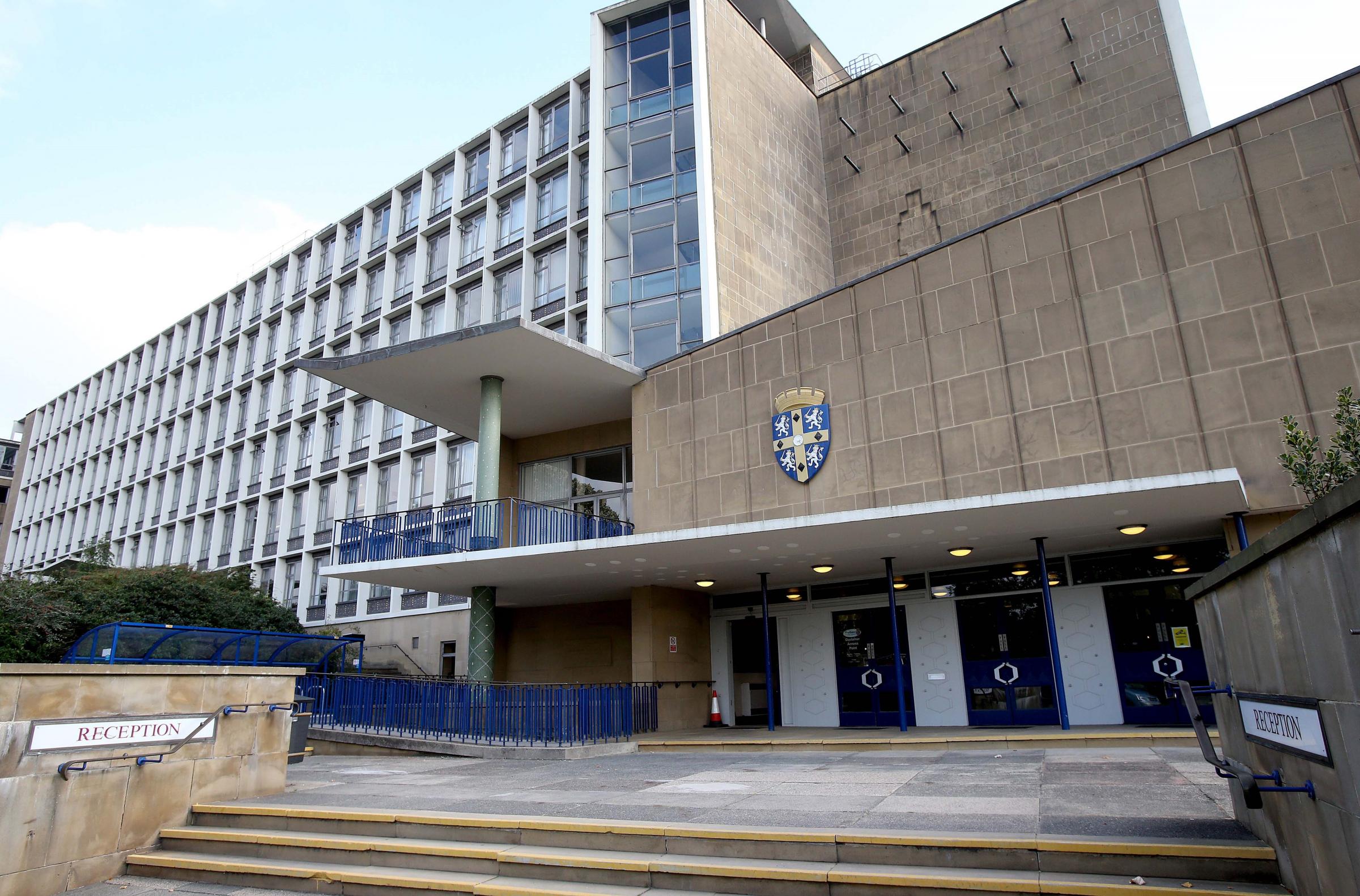North East councils have teamed up with housing associations to raise awareness of the impact of unlawful renting.
This week, the North East Tenancy Fraud Forum is holding its annual Regional Tenancy Fraud Awareness week.
The forum, which involves Durham County Council as well as local authorities at Gateshead, Newcastle, Northumberland, North Tyneside and South Tyneside, is using the week to raise awareness of the issue and highlight the fact that tenancy fraud takes homes away from people in genuine need of a place to live.
The Awareness Week is also being run with regional housing associations across the North East including Livin Housing, Believe Housing, Home Group, Gentoo Group, Your Homes Newcastle, Johnnie Johnson, The Gateshead Housing Group, North Star and Karbon Homes.
Housing fraud cost councils across the UK £122.4m between 2019 and 2020, and is the third biggest type of fraud.
The unlawful use of rented housing also means there are longer waiting times for the families which are in genuine need of housing. In 2020, over 52,000 families across the North East were waiting for housing to become available.
Housing fraud can include:
- Unlawful subletting – where a tenant lets out their council or housing association home without the knowledge or permission of their landlord.
- Abandonment – where a tenant leaves their socially rented property and has no intention of returning and does not inform the landlord.
- Obtaining housing by deception – where a person gets a council or housing association home by giving false information in their application.
- Right to Buy/Acquire – where a tenant has applied for or completed the purchase of a socially rented home under the Right to Buy/Right to Acquire Scheme to which they are not entitled, or misrepresented their circumstances to gain a discount.
- Wrongly claimed succession – where a tenant dies or moves out and someone, who is not entitled to, tries to take over or succeed the tenancy.
- Unlawful assignment – where a resident stops using their tenancy as their main or principal home, allowing another person to live there without permission.
- Key selling – where a tenant is paid to pass on their keys in return for a one-off payment.
Steven Graham, Durham County Council’s fraud manager and joint chair of the North East Tenancy Fraud Forum, said: “Regional Tenancy Fraud Awareness week aims to highlight both the financial and social impacts that housing fraud can have. The North East Tenancy Fraud Forum is committed to tacking social housing fraud and raising awareness of this, to ensure that housing associations are able to provide housing for those who are in genuine need.”
Amy Hodgson, Northumberland County Council’s corporate fraud investigator and joint chair of the North East Tenancy Fraud Forum, said: “Good housing provision has been proven to have a positive impact on health, education, and the social care needs of a community, so the wider potential benefits for hard-working families are very important. We are also encouraging the public to help us fight tenancy fraud by reporting any concerns or suspicions through their local council or housing provider. We treat this type of fraud as a serious offence and reports will be investigated.”
For more information, visit www.tenancyfraudforum.org.uk/









